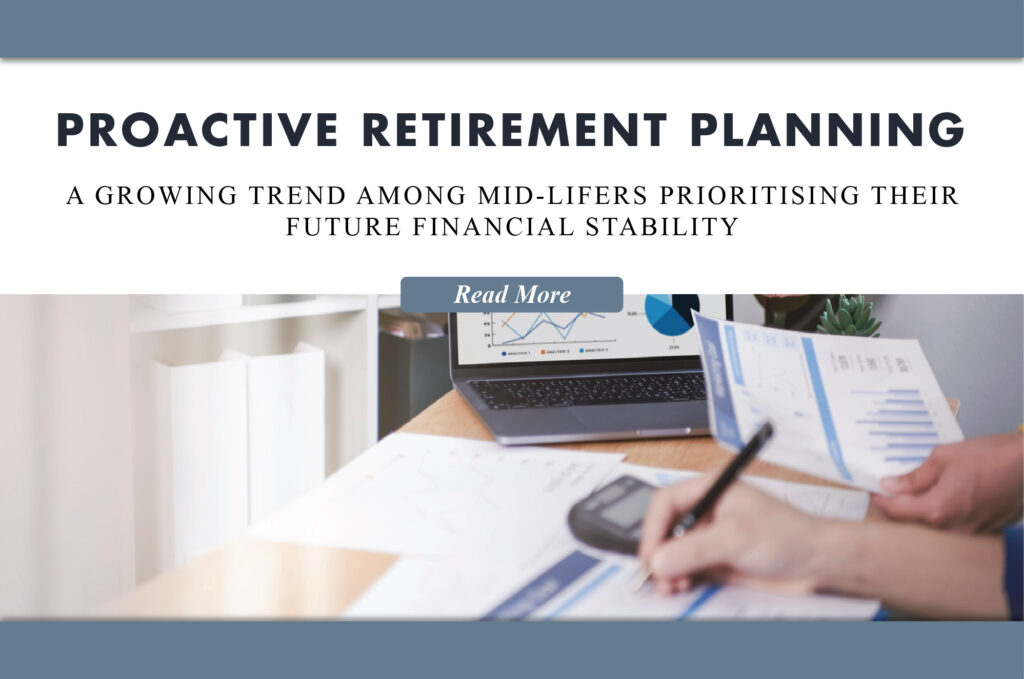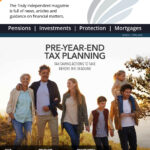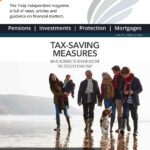A recent study reveals a promising trend among 45- to 54-year-olds in the UK. Six out of ten individuals in this age group are actively working towards bolstering their retirement savings. These mid-lifers are prioritising their future financial stability, implementing changes in their current spending habits to ensure they can support themselves later in life.
The measures taken by these forward- thinking individuals range from trimming down on holidays and luxury items (18%), selling possessions they no longer require (14%) and setting up automatic transfers into savings accounts (13%), to increasing contributions to workplace pensions (14%) and investing more into personal pensions (14%). It’s heartening to see that many recognise even small steps can cumulatively have a substantial impact on their future retirement savings.
CONSIDERING LIFESTYLE CHANGES FOR RETIREMENT SAVINGS
Looking ahead, the top five sacrifices this demographic is willing to consider over the next decade to prioritise saving more include cutting back on eating out and takeaways (44%), forgoing the purchase of a new car (35%), skipping a holiday (33%), reducing Christmas spending (29%) and delaying home maintenance or improvement (18%). These findings underscore the determination of this age group to secure a financially stable retirement.
However, it’s not all smooth sailing for midlifers in the UK. They face acute challenges when preparing for retirement, with a significant majority (63%) conceding that the high cost of living and escalating mortgage costs (20%) are formidable barriers to saving. The study estimates that this age group currently has an average of £88,000 in retirement savings, suggesting they need to save an additional £160,000 on average for a moderate standard of living in retirement, according to Pensions and Lifetime Savings Association (PLSA) estimates.
MAKING SIGNIFICANT LIFESTYLE CHANGES
The road to a secure retirement isn’t just about spending adjustments and significant lifestyle changes. About one in ten (10%) mid-lifers contemplate downsizing their homes to boost their retirement savings. Some are exploring job changes or taking on additional work to augment their long-term savings, with 8% considering applying for a higher-paid job and the same number (8%) mulling over a second job – this is equivalent to 710,000 45- to 54-year- olds across the UK.
Despite these challenges, the research reveals a large proportion of 45- to 54-year-olds taking these issues head-on. Over four in ten (42%) state they have a retirement savings plan, and 45% strive to save more. Interestingly, recent research found that the average age people start actively planning for retirement is 36, making midlife an ideal time to assess progress against these plans.
BENEFITS OF OUR EXTENDED LIFESPAN
In the UK, we are wrestling with maximising the benefits of our extended lifespan. This includes preparing and saving for the years that lie ahead. The challenge is undeniable as only one in ten (10%) people in this age bracket believe they can survive on the State Pension alone when they retire without reducing their expenditure. Particularly for those currently in midlife, often burdened with significant financial and time constraints, it becomes crucial to reassess their situation.
The research highlights that midlife is also when many individuals take decisive action. Those aged between 45 and 54 are reshuffling their spending habits to save more, and some are even contemplating significant changes to their employment status and residential locations.
A UNIQUE JOURNEY FOR EACH INDIVIDUAL
It’s important to acknowledge that everyone’s path to and through retirement will vary greatly. There isn’t a universal solution for how those in midlife are saving and planning for this period. Given that we live longer than the generations that preceded us, we must all reconsider our futures and those of the people we hold dear.
For many, engaging with future planning can be a formidable task. The research indicates that nearly half (49%) of people aged between 45 and 54 find that contemplating their financial circumstances is the most challenging part of retirement planning.
OVERCOMING FINANCIAL HURDLES
However, with the backing of a supportive network, we can all take steps – be they big or small – towards creating a more secure retirement. It’s about facing our fears and recognising the opportunities that come with an extended lifespan.
Remember, it’s your journey. Your retirement should reflect your dreams, aspirations and the lifestyle you envisage. While the process may initially seem overwhelming, it’s entirely achievable with the right plan and support.
TIME TO MAKE INFORMED DECISIONS TO ENSURE A FINANCIALLY SECURE FUTURE?
Planning for retirement can seem daunting, but it’s never too late to start. If you require further information or guidance on navigating your retirement planning journey, please don’t hesitate to get in touch. We’re here to help you make informed decisions to ensure a financially secure future.










Follow us